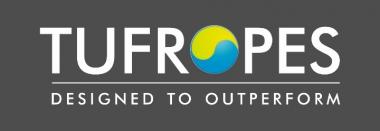Carbios doubles number of granted patents in two years
- At end 2022, Carbios has 336 titles worldwide divided into 53 patent families for its innovation in enzymatic recycling of PET plastics and fibers, and its PLA biodegradation technology
- Carbios’ team of Intellectual Property experts is dedicated to protecting its innovations
Carbios has doubled its number of issued patents since the last review published at the end of 2020. Carbios (and its subsidiary Carbiolice) currently holds 336 titles worldwide divided into 53 patent families. In 2022, several titles protecting the proprietary PET-degrading enzymes were granted in countries of interest such as the United States and also in Asian countries including Indonesia, South Korea, China, Japan and India. Carbios has also obtained grants within its patent families protecting the biodegradable plastics production process, notably the masterbatch containing the enzyme or its production process.
Carbios is expanding its intellectual property portfolio in regions and countries where there is strong demand for its disruptive technologies, notably :
- in Europe: 40 European titles, which could be granted in the 39 member states of the European Patent Organization
- in North America: 41 titles in the United States and 23 in Canada
- in Asia: 152 titles, including 37 in China, 27 in Japan and 24 in India
Carbios also has 14 patent applications that may be extended to other countries or regions of the world in the coming years.
“Over the past two years, we have mainly focused on strengthening the protection of our PET biorecycling process and its proprietary enzymes,” commented Lise LUCCHESI, Director of Intellectual Property at Carbios. “For the coming years, we will continue to consolidate the protection of this process, and that of our PLA biodegradation process, by filing new patent applications. We will also actively follow up on our filed patent applications in order to obtain granted patents.”
“Since the beginning of Carbios, the R&D and Intellectual Property departments have worked hand in hand to ensure maximum protection of our enzymes and processes,” commented Alain Marty, Chief Scientific Officer at Carbios. “These continued efforts to obtain extensive international protection are crucial to safeguard our innovations and ensure the industrial deployment of our technologies.”
Carbios










